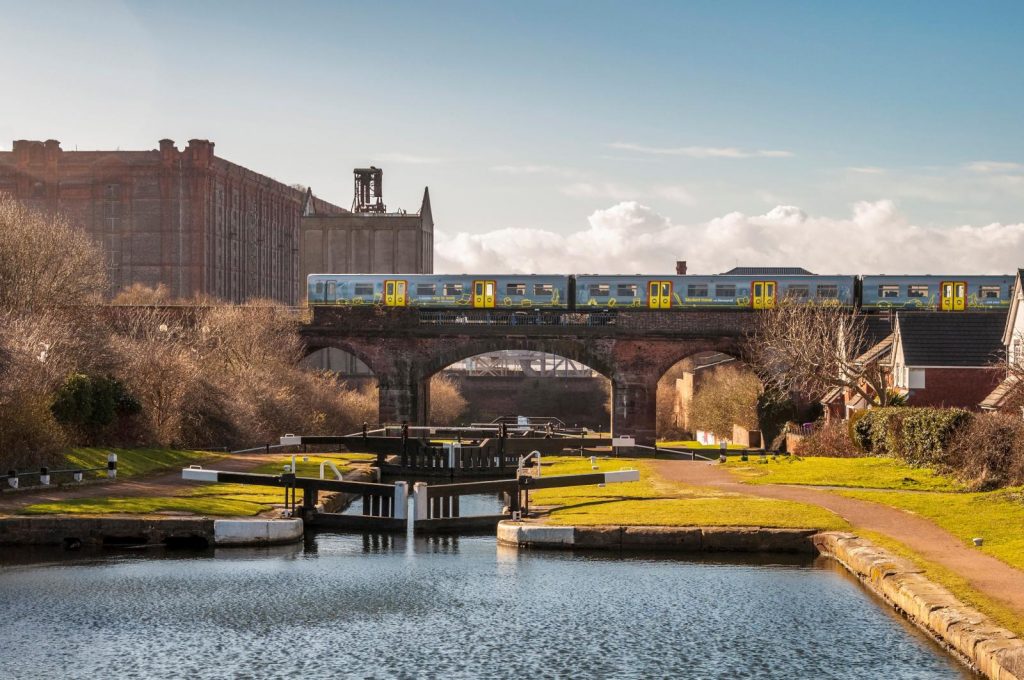At last week’s National Rail Awards, Merseyrail (which is fully devolved to the transport authority Merseytravel) won Passenger Operator of the Year and two others awards, becoming the first single train operator to win three awards at the event.
It’s hard to remember now, but before powers over the Merseyrail Electrics network were delegated to the Passenger Transport Executive, the network was known as ‘Miseryrail’ and bumped along the bottom of the league tables for passenger satisfaction and performance. Now the opposite is the case, with the network due to take another giant leap forward with a fleet of new state-of-the-art commuter trains. Scotland has also benefitted hugely from full devolution or rail powers with major investment in new lines, services, electrification and trains – levels of investment that the North of England (up until partial devolution took place there) could only dream of. London’s mostly orbital network of heavy rail lines have also been utterly transformed from the dismal and desultory service they endured under both British Rail and when privatised by Whitehall.
Devolution beats remote control by Whitehall because cities and regions understand how important modern and efficient rail services are: important to travellers every day, important to reducing road congestion (and associated air pollution and carbon reduction), important to building strong agglomeration economies and important to meeting housing need without leading to more sprawl and road congestion. Yet despite the overall success of rail devolution, we have recently seen the Department for Transport slam the brakes on deepening and widening its benefits – in particular on full devolution on Northern and in the West Midlands, as well as a roll out across much more of the London and the South East rail network.
The forthcoming rail review is a fresh opportunity to get rail devolution back on track, and with an evidence base for the benefits as strong as this, we can’t wait to make that case to the review.
For further information, read our Rail Devolution Works report, or visit the rail devolution section on our website.
